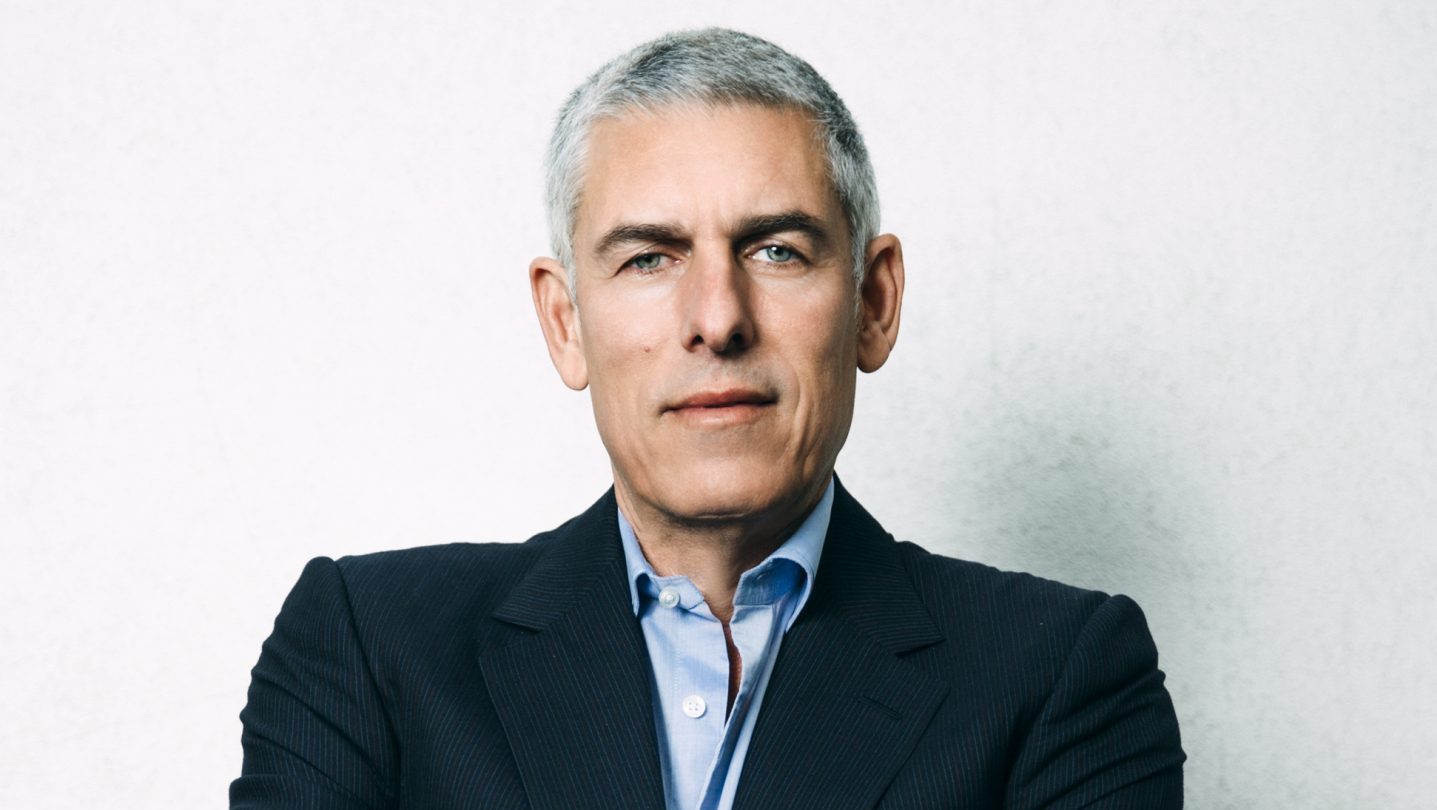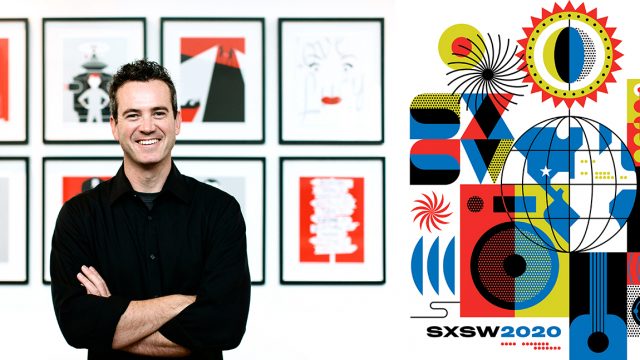"A great song sung by an awesome artist can still change people’s lives."
Since taking over YouTube, Cohen has brought a simple pitch to the table, a mantra for the artists he used to work with directly: “We’re going to make you rich and famous.”
That hasn’t yet mollified the company’s critics, who cite the value gap between YouTube and Spotify or Apple while criticizing the “Safe Harbor” laws that shield the channel from liability when its users upload unauthorized music. Still, pointing out that YouTube pays out $1 billion in worldwide song royalties every year, Cohen is bullish on the future.
In advance of his South By Southwest appearance, he agreed to answer some questions:
Considering you have been involved with hip-hop artists since the ’80s, how do you view the current state of pop music in which hip-hop has become a dominant commercial force?
Hip-hop has always been a dominant force in my eyes. Am I wrong? It makes me happy to see how much hip-hop is driving global culture, especially on YouTube. I am lucky to have been so close to it all these years.
How has the music business changed since you got your start? What has remained constant?
Distribution has gone through the largest transformation, allowing for inexpensive access to consumers globally. What remains the same is the art. A great song sung by an awesome artist can still change people’s lives.
With the continuing decrease in overall sales of physical product, what will the main revenue streams be for artists in the future?
Physical is dying. Hallelujah! Except for my vinyl collection… Advertising and subscription are on the way to save the music business. The opportunity is huge. For artists, maximizing their direct to consumer relationships is an unprecedented opportunity that platforms like YouTube provide.
With all of the emerging technologies related to entertainment, how do you foresee people consuming music in the near future? And what about VR?
You are going to need a smarter person than me to answer that.
The description of one of this year’s SXSW panels calls YouTube brands “21st century labels.” As someone who used to run record labels, do you see it that way?
The emergence of a new golden era for the music business is upon us but cannot be activated until the impresarios (the unemployables) return in force.
Lyor Cohen was a Music Keynote speaker at SXSW 2018. Watch below:









